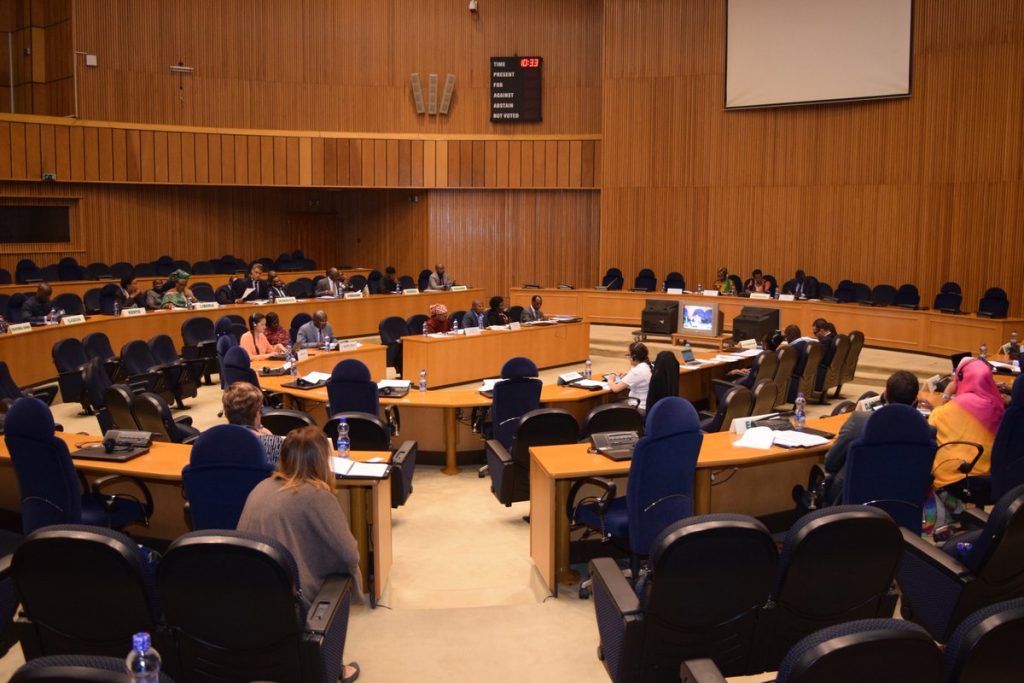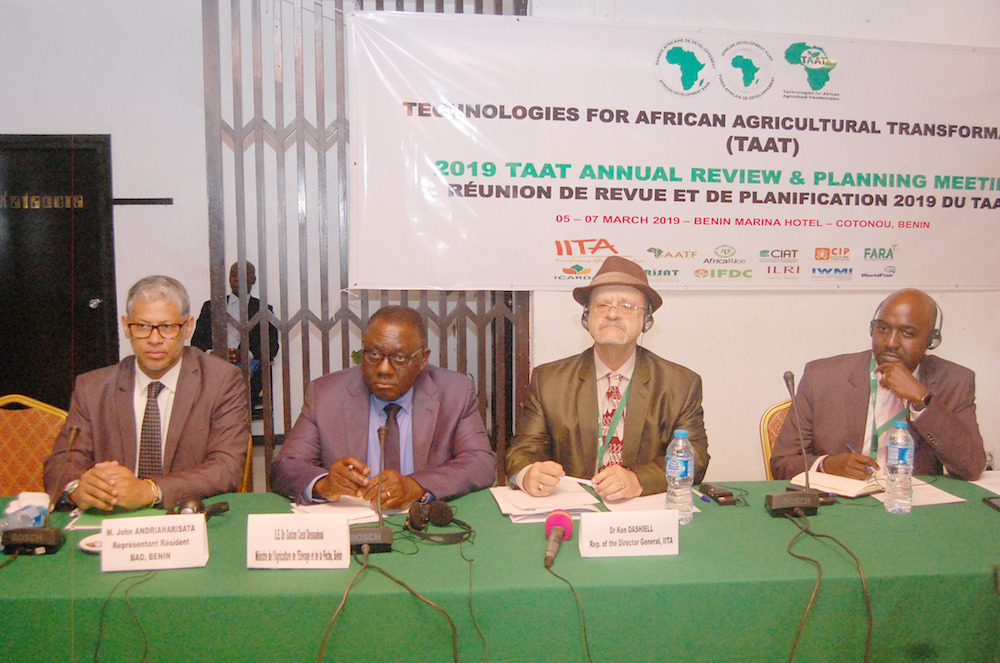
By Kofi Adu Domfeh
The African Union Peace and Security Council has been commended for dedicating its 828th session to climate change.
During an open session on the theme: “Climate Change Funding in line with the Africa Adaptation Initiative (AAI) to Contribute towards Peace and Security”, the Council noted the inextricable linkages between climate change and peace and security, and emphasized the need for collective and holistic approaches towards building resilience and mitigating the adverse effects of climate.
Council underscored the importance of supporting access to cleaner and more efficient, as well as more sustainable sources of energy, sustainable land use practices and other activities that contribute towards building community resilience and thus mitigating competition for access to scarce resources.
The Council also underscored the importance of comprehensive, climate related security risk information, including credible data and analyses with a view to enabling Member States to predict with more precision the frequency of climate change related risks, including natural disasters, and to enhance the resilience of the communities.
African civil society has acknowledged “climate-induced human insecurity is increasing in Africa”.
The move by the Council is therefore welcoming to take the issue to another level.
“As a continent severely impacted by climate change, Africa should not wait until the narrative on climate change, peace and conflict and displacement is defined from elsewhere. This is the move on the right direction,” said Mithika Mwenda, Executive Director of the PanAfrican Climate Justice Alliance (PACJA).
The 24th UN climate change talks (COP24), held at Katowice, Poland, made further progress on the rulebook to operationalize the Paris Agreement.
To examine how the Katowice Climate Package could respond to climate-induced human insecurity, PACJA, together with the African Union Commission (AUC), the African Climate Policy Centre (ACPC) of the UN Economic Commission for Africa (ECA) and Oxfam convened a meeting on the margins of the 32nd Summit of the African Union.
Participants in the two-day consultations made recommendations that sought to advance the discourse on climate change and migration:
“Taking note of the sparse efforts in addressing the discourse on climate change and migration, African leaders should establish an African discourse on the climate security issue;
There is need for enhanced understanding of the link between climate change, natural disasters, conflicts, displacements, migration, peace and security through strengthening existing institutions, allocation of resources and expanding their mandate;
There is need to strengthen the coherence between climate change, disaster risk reduction and development actions at all levels for durable solutions to forced displacements”.
Researchers at the Stockholm International Peace Research Institute (SIPRI) have also released a new essay that gives impetus for the African Union (AU) to refocus on climate-related security risks and build a broad support to appoint a dedicated AU Special Envoy for Climate Change and Security.
“The idea of the Special Envoy is apt and an opportunity to pre-empt migration and forced displacement,” says Dr. Florian Krampe. “Moreover, this will provide an opportunity to ‘climate-proof’ the AU’s peace and security architecture”.
The AU Peace and Security Council has reiterated its request for the AU Commission to expedite the finalization of the outcomes of the study on the nexus between climate change and peace and security in the continent.
Emphasis was made on the need for the AU to continue mobilizing a united African front at the global level to mitigate the effects of climate change at both, regional and continental levels.
The Council also reiterated the importance of Member States, Regional Economic Communities and Regional Mechanisms for Conflict Prevention, Management and Resolution (RECs/RMs) and AU partners to actively pursue integrated approaches to boost climate change resilience and to pay particular attention to prevention and further strengthening the humanitarian-development nexus.
“We will continue to work with AU, ECA and other partners to ensure we provide the necessary support to the Council so as to build evidence on the nexus between climate change, conflict, migration, peace and security. We also urge African countries and RECs, and particularly those experiencing instability, to dig deeper into the root causes of conflict,” said Mithika.
A session at the level of Heads of State and Government will be organized which will be solely dedicated to climate change.











